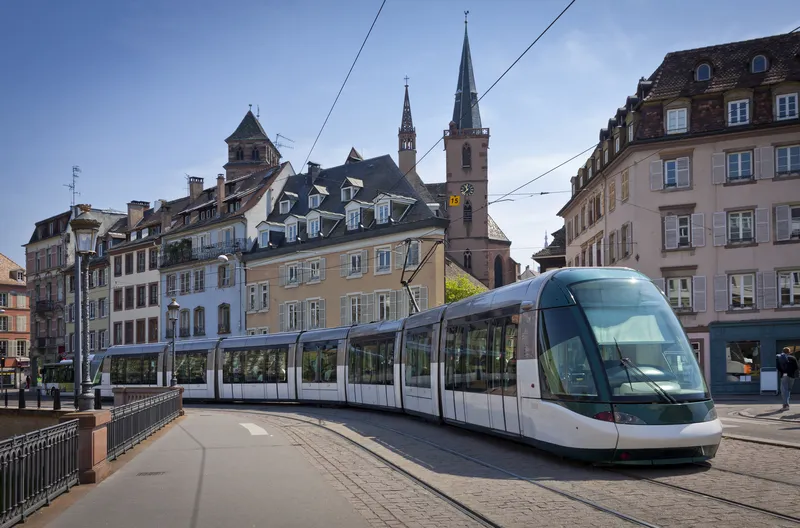French companies NAVYA and Keolis, in partnership with the city of Las Vegas, have launched an autonomous, fully electric shuttle trial the city’s new Innovation District.
During the week-long pilot, the public will be invited to take free test rides of the driverless ARMA shuttle, which was developed by NAVYA in partnership with Keolis. It carries up to a dozen passengers and was designed for use by state and local governments and transit agencies and operators as an efficient, clean-energy alternative
January 17, 2017
Read time: 1 min
French companies 8379 NAVYA and 6546 Keolis, in partnership with the city of Las Vegas, have launched an autonomous, fully electric shuttle trial the city’s new Innovation District.
During the week-long pilot, the public will be invited to take free test rides of the driverless ARMA shuttle, which was developed by NAVYA in partnership with Keolis. It carries up to a dozen passengers and was designed for use by state and local governments and transit agencies and operators as an efficient, clean-energy alternative to fossil-fuel powered vehicles.
NAVYA began testing ARMA for service in North America at MCity, the University of Michigan’s test site for connected and automated vehicles in December 2016, showcasing the vehicle publicly in the United States for the first time at the 2017 Consumer Electronics Show in Las Vegas.
During the week-long pilot, the public will be invited to take free test rides of the driverless ARMA shuttle, which was developed by NAVYA in partnership with Keolis. It carries up to a dozen passengers and was designed for use by state and local governments and transit agencies and operators as an efficient, clean-energy alternative to fossil-fuel powered vehicles.
NAVYA began testing ARMA for service in North America at MCity, the University of Michigan’s test site for connected and automated vehicles in December 2016, showcasing the vehicle publicly in the United States for the first time at the 2017 Consumer Electronics Show in Las Vegas.








